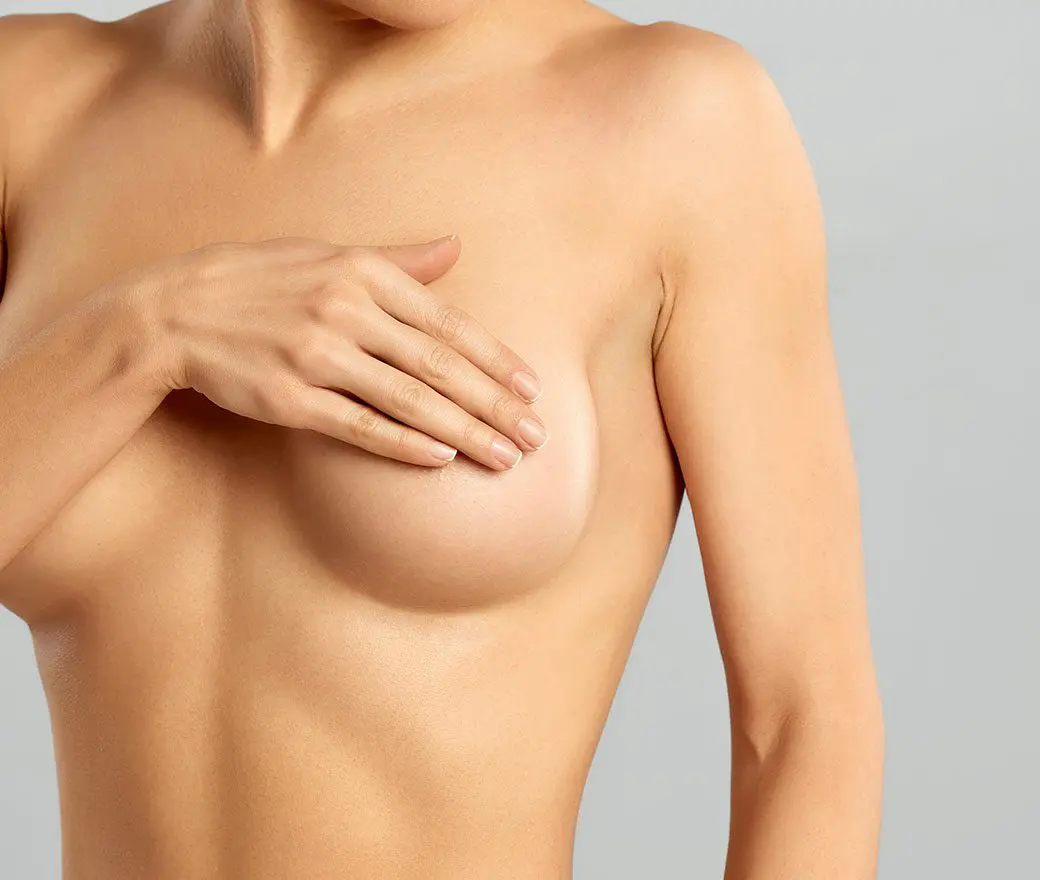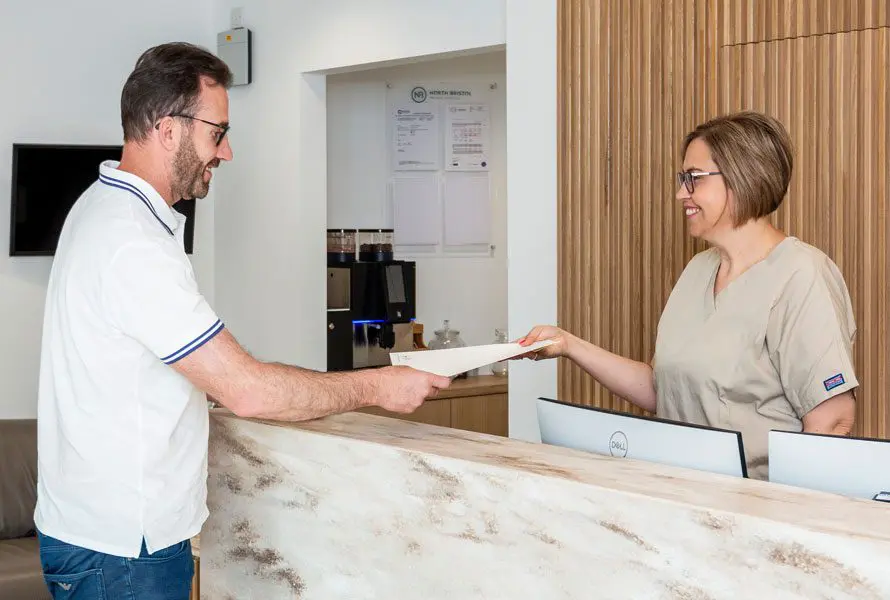Reconstructive Surgery
Congenital Breast Corrective Surgery
(Asymmetry & Tuberous Breast)
Congenital conditions can cause breasts to be uneven in size and shape (asymmetry), or to have a constricted, tubular shape (tuberous breasts).
Book a Consultation Today
Congenital Breast Corrective Surgery can effectively correct both of these conditions, giving you the size and shape of breasts that you desire.
Breast asymmetry can happen as a congenital condition. No one’s body is entirely symmetrical, but this asymmetry is more obvious in the breasts. When the difference between the two breasts is very noticeable it can make you feel self-conscious.
Tuberous breast syndrome is an inherited condition in which the breast tissue develops abnormally during puberty and the mammary glands stop growing.
The condition is sometimes called constricted breasts, tubular breasts, or herniated areolas. It can significantly affect the appearance of the breast, again, leading to self-consciousness.
On this page, we look at:
- Corrective surgery for breast asymmetry
- Corrective surgery for tuberous breasts
- The latest advice on breast implants
Corrective surgery for asymmetrical breasts
The aim of corrective surgery for asymmetrical breasts is to make the amount of breast tissue and skin the same on both breasts, and to ensure that the shape of the breasts is consistent.
Typically, your surgeon will reduce the size of your larger breast to the size of your smaller breast.
Breast implants are often used on both sides to ensure symmetry in terms of size and shape, and to give you the optimum appearance. This can be achieved in one operation.
Corrective surgery for tuberous breasts
The aim of corrective surgery for tuberous breasts is to improve the shape of both of your breasts, or to create symmetry where only one breast is affected.
Our surgeons employ a range of techniques to do this, including fat transfer, breast implants, expanders and remodelling of your own breast tissue.
You will discuss the best technique for your breasts with your surgeon at two pre-surgery consultations. All the options will be explained to you in detail, and you will have plenty of time to reflect on your options and ask questions.
The latest advice on breast implants
Since December 2018, regulatory bodies in many countries have made statements on the subject of breast implants after some negative publicity about their effect on health.
The research data is inconclusive and has been interpreted differently by different countries. No country has advised that women with implants have them removed or replaced as a precautionary measure.
However, breast implants are not designed to be lifelong products and will need to be replaced at some point.
The Breast and Cosmetic Implant register (BCIR) collects breast implant data about patients in England and Scotland. The MHRA has a reporting system to gather and analyse information in the UK and is linked to data compiled by public health organisations in other countries.
The most recent advice from MHRA on BIA-ALCL was updated on the 4th of April 2019.
Frequently asked questions
At North Bristol Private Hospital, the excellence of our surgical team ensures that complications are very rare, however, all surgical procedures carry risks.
Bleeding, bruising, infection, scarring, implant displacement or rupture are all possible after this surgery.
All these risks will be explained thoroughly at your consultations with your surgeon and you will be asked to sign a detailed consent form.
After your surgery, you will spend a night in our luxurious in-patient ward with a nurse dedicated entirely to your care.
Once your surgeon has assessed you on day two, you will be ready to go home. Your breasts will feel tight at first, but this feeling will gradually disappear.
We advise our patients to take four weeks off work after surgery and avoid even moderate exercise for the same period. This includes sports, gym workouts, hoovering, driving, and dog walking. Your surgeon will advise you when you can start exercise for your lower body and, later, when more strenuous activities can be resumed.
Most patients find that their scars have faded after a year.
We know that a stress-free experience with excellent aftercare makes for happy patients and quicker healing. After surgery, you will be cared for by your own dedicated nurse in our luxuriously comfortable in-patient ward.
You will be checked by your surgeon before leaving and will receive detailed instructions about how to care for yourself and your breasts at home. You can discuss any issues at your regular follow-up appointments with your surgeon, but you can also phone us any time after your discharge if you are concerned or have any questions.
 View all Google Reviews
View all Google Reviews

 Site by
Site by 